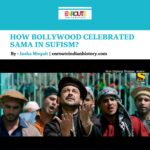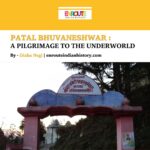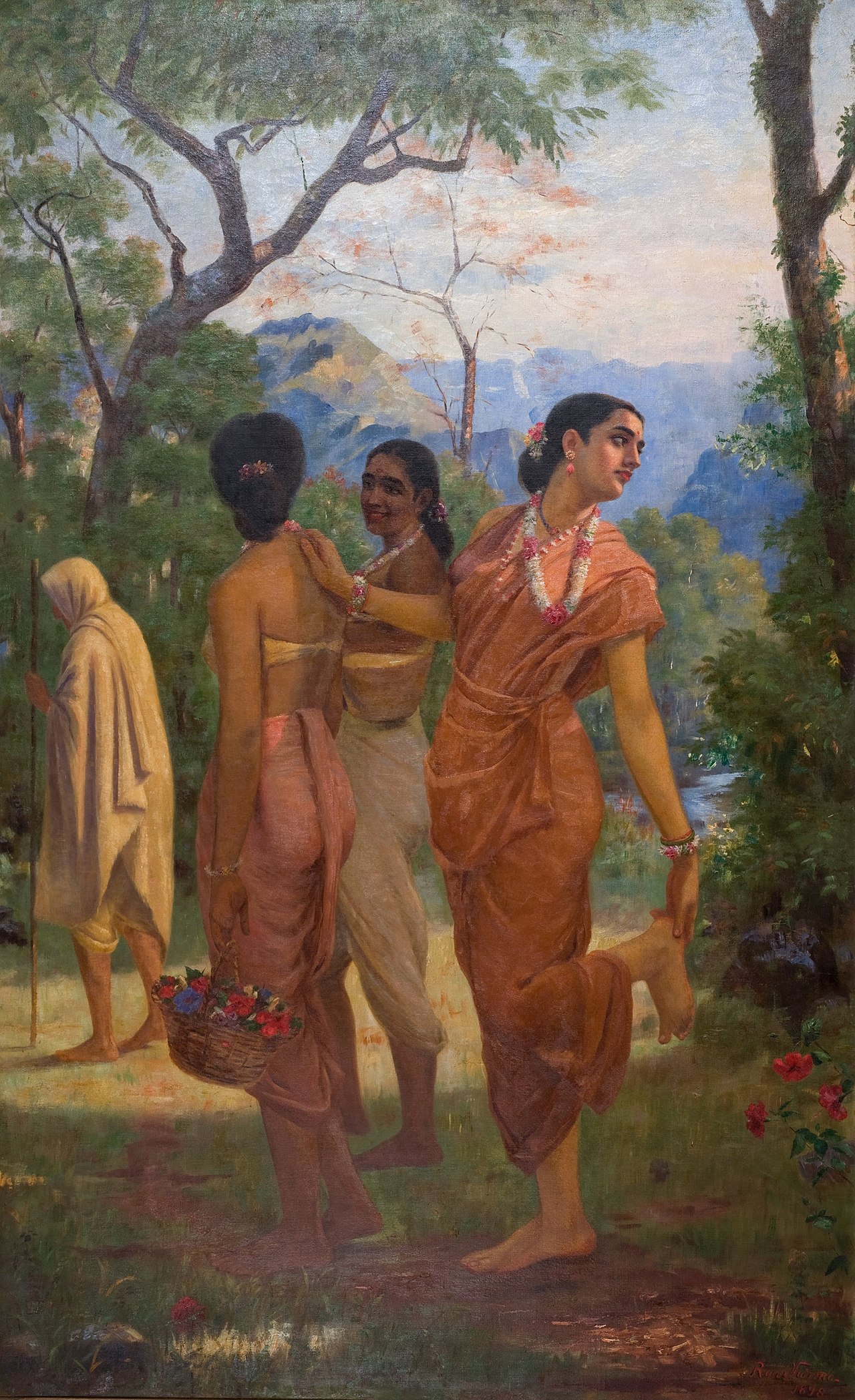Influence of IPTA Artists on Early Bollywood Music
- enrouteI
- June 27, 2024
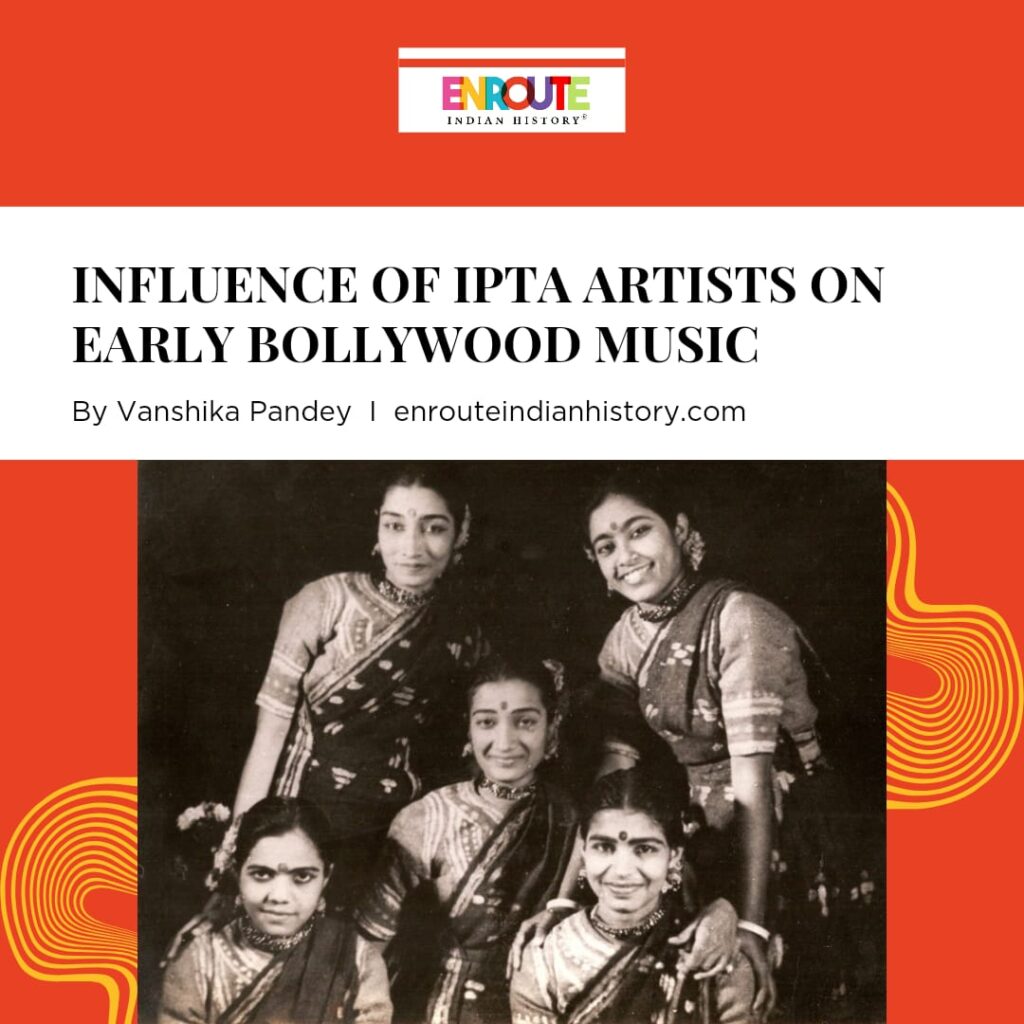
The Indian People’s Theatre Association (IPTA), founded in 1943, was a pioneering cultural movement in India that significantly impacted the early development of Bollywood music. Born out of the socio-political climate of pre-independence India, IPTA sought to use art as a means of social change, bringing together artists, playwrights, musicians, and performers dedicated to addressing pressing social issues through their work. This organization became a crucible of creativity and ideological fervor, influencing various aspects of Indian culture, including cinema and its music.
Early Bollywood music, which developed concurrently with the Indian struggle for independence, was greatly enriched by the contributions of IPTA artists and their ideological leanings. The music of this era reflected the ethos of a nation on the brink of freedom, infused with the revolutionary spirit and the collective aspiration for social justice and equality. IPTA’s emphasis on folk traditions, classical Indian music, and the incorporation of meaningful, socially relevant lyrics provided a unique flavor to Bollywood’s musical landscape. Renowned composers, lyricists, and singers who were part of or influenced by IPTA brought with them a deep sense of purpose and commitment to their craft, which was evident in the music they created for films.
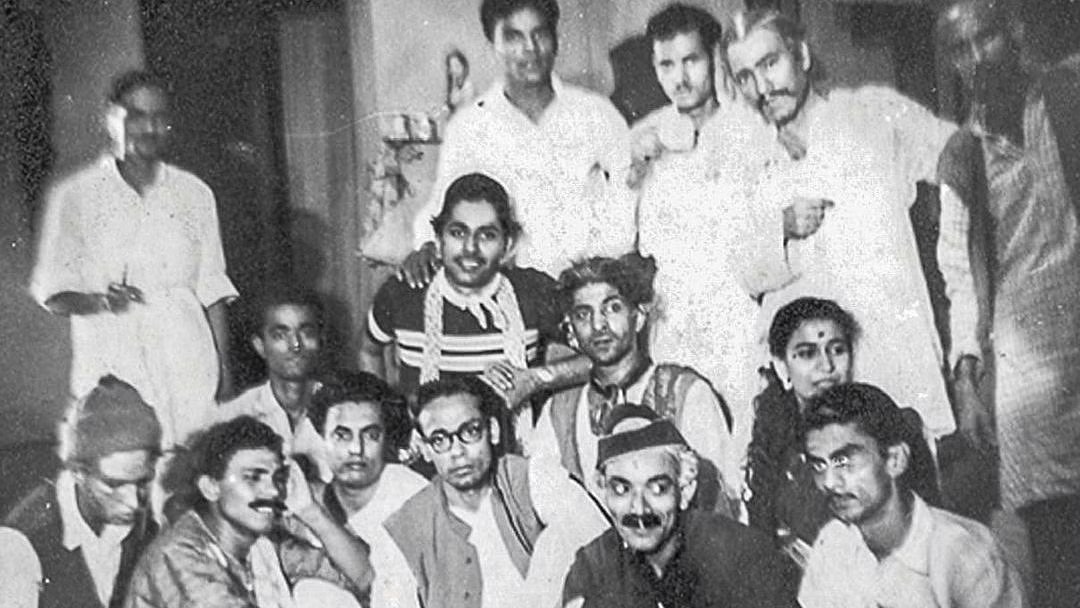
Image credit- The Quint
Image caption- The prominent artists of IPTA
The Bengal famine of 1943, which led to the deaths of millions due to starvation and malnutrition, was a significant catalyst. The devastating effects of the famine highlighted the urgent need to address social injustices and mobilize public opinion through cultural means. IPTA was also influenced by the Progressive Writers’ Movement (PWA), which aimed to use literature to promote social change and combat oppressive societal structures. IPTA aimed to raise social awareness and mobilize people against colonial oppression, social injustices, and economic exploitation. The organization sought to integrate traditional Indian folk art forms with contemporary themes to make their messages accessible and impactful.
PTA’s influence helped integrate Indian folk music and dance into Bollywood films, enriching the cultural tapestry of Indian cinema. Songs and dances that reflect local traditions became staples in films, adding authenticity and depth. PTA members like Salil Chowdhury, Sahir Ludhianvi, and Kaifi Azmi wrote songs with deep social and political messages, which became integral to Bollywood’s musical narrative, coupled with singers like Hemant Kumar and musicians like SD Burman, this particular period (50s and 60s) became synonymous with the IPTA era in Bollywood music. The songs often addressed issues like social justice, patriotism, and human rights, resonating with a broad audience.
It is very interesting to look at the kind of songs that were being written in the backdrop of making and running of a new republic, songs often had an undertone of resistance, socialism, feminism, secularism, anti-caste, and anti-capitalism. For example, Sahir Ludhianvi’s powerful lyrics for the 1958 movie Sadhna “Aurat ne janam diya mardon ko, mardon ne usse bazaar diya”.
The song “Jinhe Naaz Hai Hind Par” from the movie Pyaasa (1957) is one of the most poignant and socially critical pieces written by Sahir Ludhianvi. The film, directed by Guru Dutt, is renowned for its powerful narrative and exceptional music, and this song stands out as a striking commentary on the socio-political issues of the time. In this particular song, he uses evocative and direct language to challenge the listener’s conscience and provoke thought about the disparity between the nation’s ideals and its grim reality. The lines “Jinhe Naaz Hai Hind Par woh kahaan hai?”, repeated throughout the song, serves as a haunting reminder of the negligence and indifference of those in power or those who choose to ignore these harsh realities.“Yeh bazaarein, yeh galliyan, ye manjil makaan, Ye basti hai muflis, yun lachar insaan” Sahir describes the decrepit state of urban areas, inhabited by impoverished and helpless people, further emphasizing the contrast between the celebrated image of the nation and the actual conditions.
Another of his gems is a self-explanatory song with a strong message against the rampant communalisation at that time, “Tu hindu banega na Musalaman banega, Insaan ki aulaad hai Insaan banega” from the 1959 movie Dhool Ka Phool.
Another prominent face was Shailendra, one of India’s most celebrated lyricists, who was deeply influenced by his association with the Indian People’s Theatre Association (IPTA). His work often reflected the socio-political issues and the ethos of the common man, resonating with the progressive and reformist ideals of IPTA. One of his most famous works is the song from the 1955 movie Shree 420;
“Mera joota hai Japani, yeh patloon Inglistani
Sar pe laal topi Roosi, phir bhi dil hai Hindustani”
This song celebrates the resilience and spirit of the common Indian despite wearing foreign-made clothes. This juxtaposition reflects a broader commentary on the post-colonial identity of India, embracing modernity and global influences while retaining its cultural essence. The song subtly critiques materialism and the allure of Western products, affirming that true identity and pride come from within.
Another one of his social commentary came in the form of a song in the 1950 movie Sargam,
“Jhoom jhoom ke nacho aaj, gao khushi ke geet
Sang kaho pyare milkar, mehengi roti sasti daaru
Angoori ka ras pyare, yeh sarkar ki hai maar”
This song talks about the ironies and injustices in society, such as the high cost of essential items like food while less important things like alcohol are cheaper. It critiques the socio-economic policies and their impact on the poor.
The title song from the movie Jis Desh Mein Ganga Behti Hai, penned by the poet
“Honthon pe sachchai rehti hai, jahan dil mein safai rehti hai
Hum us desh ke vaasi hain, Jis desh mein Ganga behti hai”
This song expresses a longing for an ideal nation where truth and purity prevail. It is a call for integrity and moral values, reflecting Shailendra’s aspiration for a just and honest society.
Ravi Shankar, the renowned sitar maestro, made significant contributions to Bollywood music, particularly through his association with the Indian People’s Theatre Association (IPTA). Although he is primarily celebrated for his classical and international performances, his work in Bollywood reflects his commitment to social themes and artistic excellence. The music composed for “Dharti Ke Lal”, a film about the Bengal Famine, was theatrical and rooted in classical music, using traditional idioms suited for the stage but adapted for the screen.For Shankar, the rigour and complexity of classical music were essential aspects of his work, regardless of its purpose. His contribution to the IPTA’s call for a new cultural awakening was reflected in his exploration and application of his classical music expertise.
In a similar style, Amar Sheikh composed “Janani Janmabhoomi”, and Ravi Shankar set Iqbal’s “Saare Jahan Se Acchha” to music. These songs were explicitly intended to motivate people to rise against colonialism and oppression, and they addressed the country as a whole, rather than focusing on specific regions or nationalities.
Sachin Dev Burman, popularly known as S.D. Burman, was a pivotal figure in Bollywood music whose career was deeply influenced by his association with the Indian People’s Theatre Association (IPTA) and his commitment to addressing social issues through music. Burman’s music was characterized by a unique blend of folk melodies, classical ragas, and Western influences. His compositions seamlessly integrated traditional Indian music forms with modern orchestration techniques, creating a distinct musical identity in Bollywood. This artistic freedom allowed him to push the boundaries of conventional film music and introduce innovative compositions that resonated with the evolving socio-cultural landscape of post-Independence India.
He composed the songs of the movies like Pyaasa (1957), Kaagaz Ke Phool (1959), Guide (1965), and many more.
The song “Waqt ne kiya kya haseen sitam” from Kaagaz Ke Phool, laments the passage of time and its cruelty, reflecting on the superficiality of fame and societal pressures.
“Hum Bekhudi Mein Tumko Pukare Chale Gaye” from the movie Kala Pani (1958), highlights the sacrifices and injustices faced by individuals within societal constraints, focusing on themes of separation and longing.
The song “Sun Mere Bandhu Re” from the 1959 masterpiece Sujata, composed and sung by SD Burman, celebrates the bond of friendship and unity amidst societal prejudices and discrimination based on caste. The song “Doli Mein Bithai Ke Kahar” is a gut-wrenching and symbolic piece from the film Amar Prem (1972), sung by SD Burman and composed by his son RD Burman. It depicts the societal oppression and emotional turmoil faced by the protagonist, Pushpa, who is sold into prostitution. The lyrics metaphorically use the doli (palanquin) to represent societal norms and expectations that confine women.
Organizations like the PWA and IPTA, through their various forms, positioned a progressive and humanitarian vision as central to their mission, aiming to raise awareness about these ideals. IPTA has substantial influence on the Bollywood movies of 1950s and 1960s as many directors, actors, scriptwriters, lyricists, music directors, and choreographers who came together to make a film were previous members or contributors of IPTA. Among the renounced actors who had alliance with IPTA were A.K Hangal, Balraj Sahni, and Utpal Dutt. Song writers like Majrooh Sultanpuri, Sahir Ludhianvi, Shailendra, and Kaifi Azmi along with music directors Hemant Kumar and Salil Chaudhary were associated with the theatre group.



